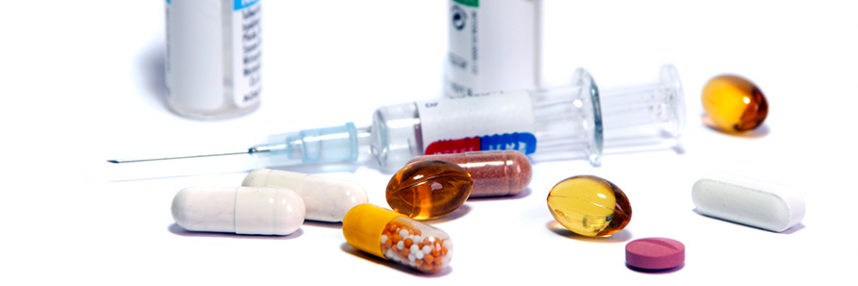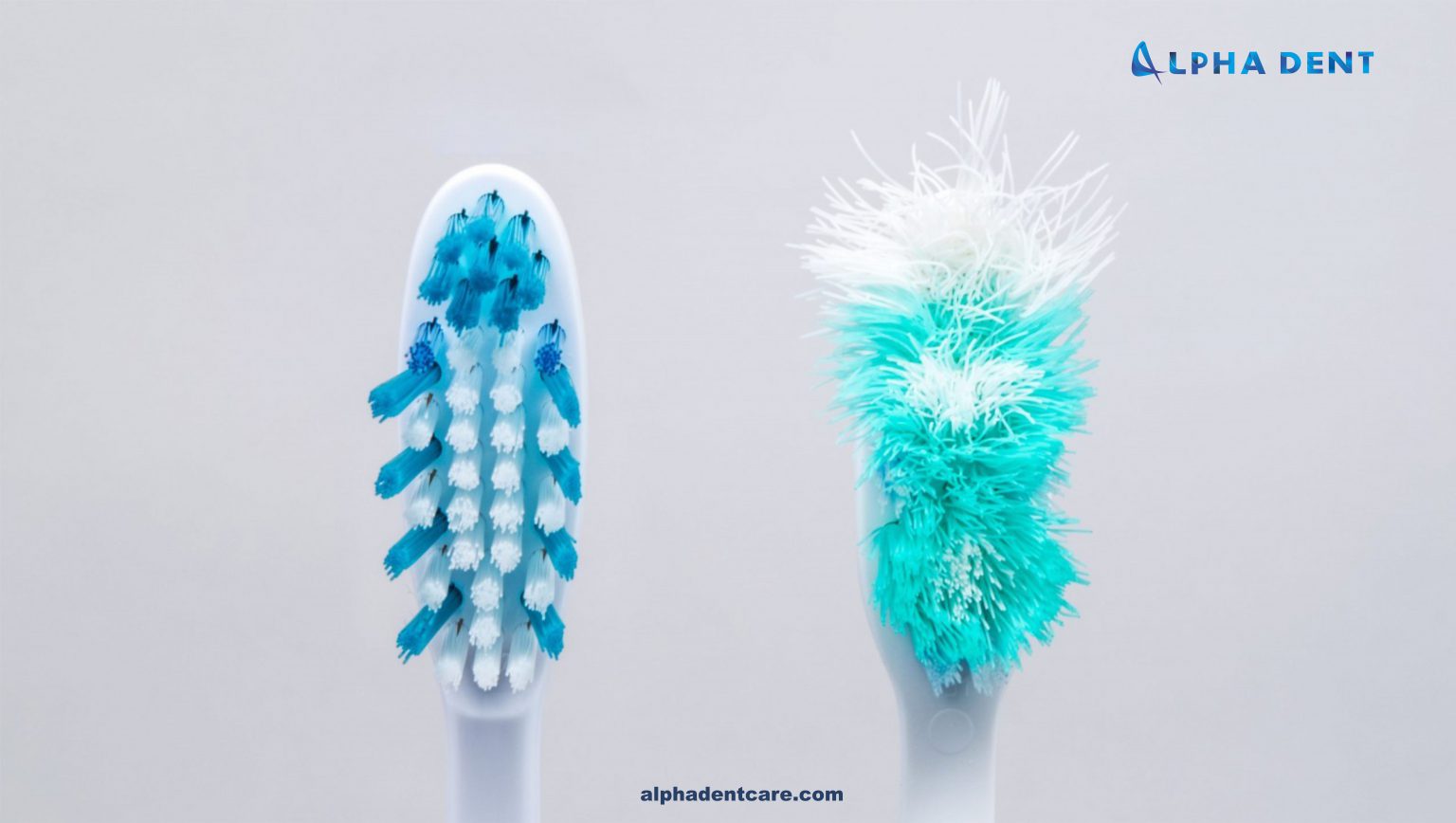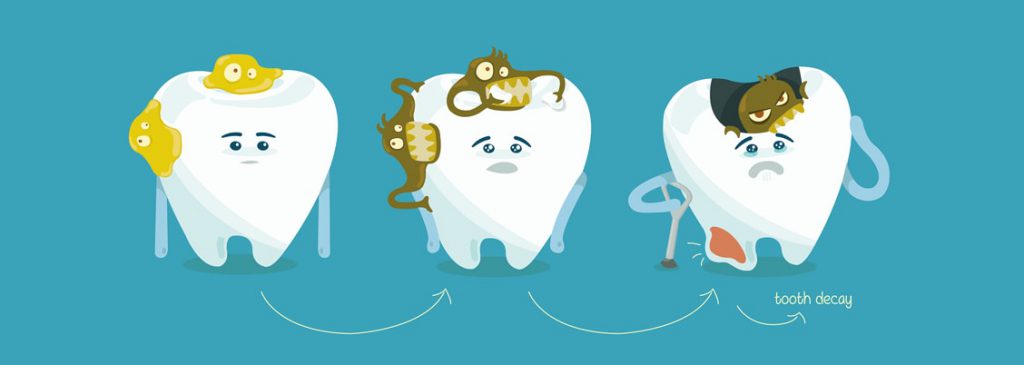Cancer is a large group of diseases that cause abnormal growth of cells. These cells can spread to other parts of the body and attack it. Subsequently, clusters of cells are formed during an uncontrollable growth and usually eventually form a mass called a tumor. This mass has the ability to spread throughout the body.
There are several treatments for cancer. Chemotherapy and radiotherapy are common and definitive treatments for cancer. The combination of these two methods is better and more effective in patients whose cancer is at later stages. The effects of these methods on cancer cells are based on the destruction of rapidly dividing cells. In addition to treating and improving the patient’s condition, these two treatments also have side effects on the body. Normal and non-cancerous cells that are most affected by these treatments include epithelial cells and hematopoietic cells in the bone marrow.
These side effects are also common in the head and neck area. The type of tissue in the oral mucosa is such that its cells are rapidly dividing, which is why cancer treatments also attack and destroy them. The body cannot quickly replace these damaged cells, so side effects occur in the oral area.
These changes occur during and after the treatment and may be acute or chronic. In acute cases, these side effects disappear after treatment is completed. However, in chronic cases, they may persist for a long time after treatment and cause discomforts for the patient. The severity of these side effects depend on the amount and dose of the drugs used in chemotherapy and the intensity and dose of radiation applied in radiotherapy. The radiation also depends on a variety of factors, such as: the type of cancer cells and the degree of their differentiation and the place of their accumulation, the overall size and position of the mass, the presence or absence of metastasis, the patient’s ability and capacity, etc.
The following are the side effects of chemotherapy and radiotherapy on the oral cavity.
1. Oral mucositis: It is the inflammation of the mucous membrane in the mouth. It is in the form of sores and inflammation of the gastrointestinal tract, which begin in the oral cavity and is seen in the mouth as inflamed red sores. It usually appears in the first week of treatment and resolves 2 to 4 weeks after treatment completion. Patients will have difficulties in eating, swallowing and talking.
To treat mucositis, the patient should avoid hot, spicy, sour and stimulant food and beverages; and eat soft food. Observe oral hygiene as much as possible by using soft toothbrushes, alcohol-free mouthwashes, toothpaste free of irritating and spicy essential oils, so that the mouth does not become a suitable environment for the spread of infections and avoid further complications. If the patient uses inappropriate and detachable prostheses that irritate the wound, he or she should temporarily avoid using them; and in case of using the prostheses, they should be disinfected so that they do not carry pathogenic microorganisms. Lidocaine sprays or diphenhydramine syrup can be used to alleviate patients’ pain.
2. Opportunistic Infections: We know that the oral cavity contains microbes that are known as normal flora in the body’s normal and healthy immune system and are not threatening. After chemotherapy and radiotherapy, the mouth can become a breeding ground for these microbes. Because, as we have said, oral mucosal cells are in spectrum of these treatments and will be destroyed due to their rapid growth characteristics. Meanwhile, many immune cells will be destroyed by the effects of chemotherapy and radiotherapy on hematopoietic cells; and the body will not have the same immunity as before. Therefore, some types of bacterial, fungal, and viral infections may be mounted on the damaged cells. In this case, with the doctor’s prescription, the patient must receive the appropriate medication.
3. Decrease in function of salivary glands and dry mouth: Radiation and drugs can affect the salivary glands and destroy them. As a result, the saliva released will be insufficient and leads to dry mouth. Dry mouth has many harmful consequences and can cause bad breath and poor oral hygiene and spread of infection and tooth decay.
Your doctor may prescribe salivary stimulant drugs to stimulate the remaining salivary glands to secrete more saliva in order to relieve the problem to some extent. Salivary stimulant candies can also be used. Using lemons can also be helpful in stimulating salivation if the oral cavity is not sore.
4. Trismus: One of the side effects of radiotherapy is that the patient with this complication cannot sufficiently open his mouth; because the muscles attached to the jaw and the jaw joint are in spasm.
Trismus affects eating, talking, and oral hygiene.
Hot water compresses can be helpful, and painkillers can be used if there is pain.
5. Decrease in sense of taste: Radiation to the head and neck and the effect of chemotherapy drugs can eliminate some of the taste buds and reduce the patient’s sense of taste.
6.osteoradionecrosis: It is the necrosis and death of bone due to obstruction of blood flow. In some cancers, patients intravenously receive a type of medication called bisphosphonates, which can lead to the death of part of the jawbone. Symptoms include pain, sensory complications, infection and spasms. The patient’s pain should be controlled first, and eventually it may be necessary to remove the dead bone by surgery.
In all of the aforementioned cases, the patient should receive supportive care and pain control and basic treatments under the supervision of his or her physician to go through these steps to gain complete recovery.
Dr. parisa haidari





